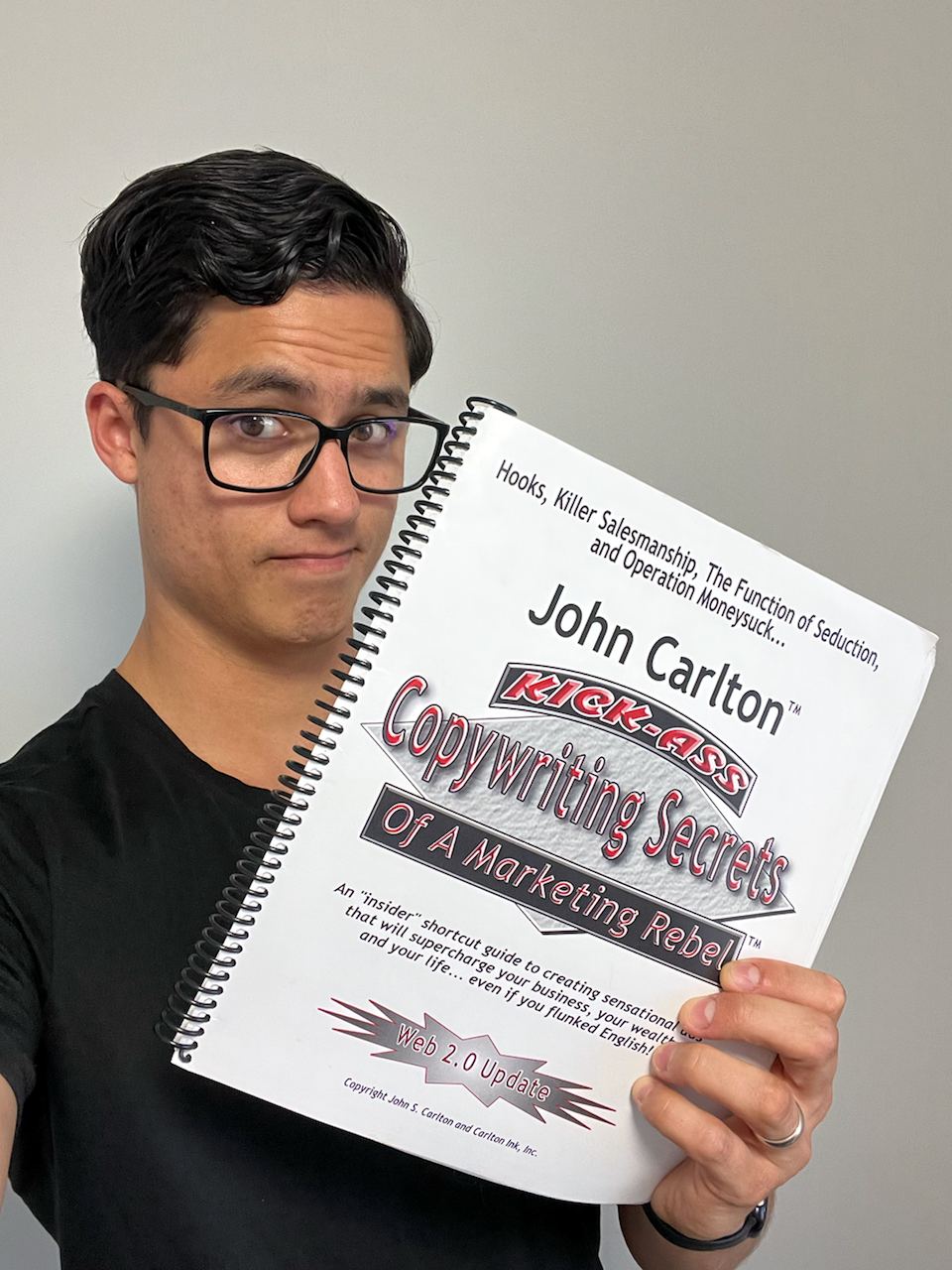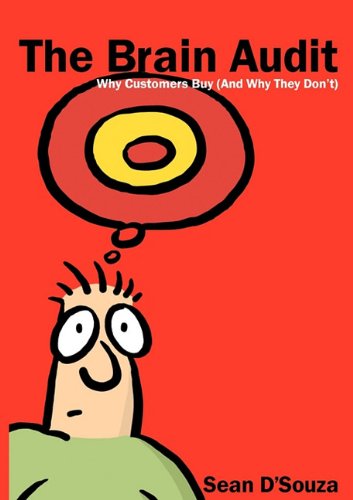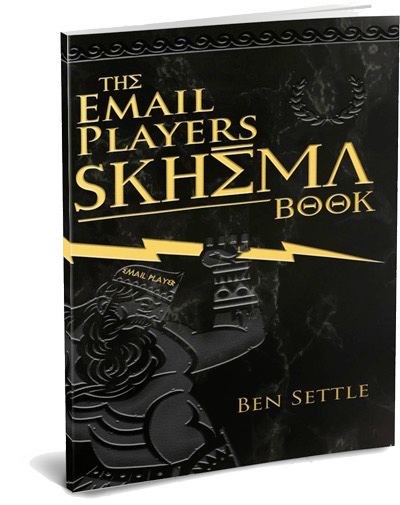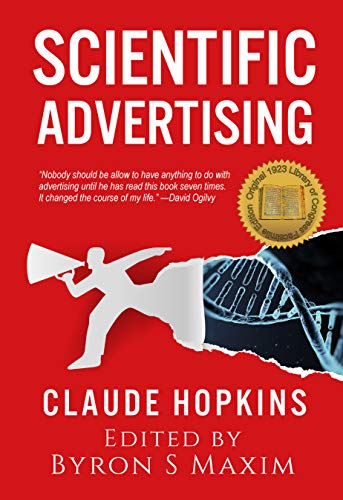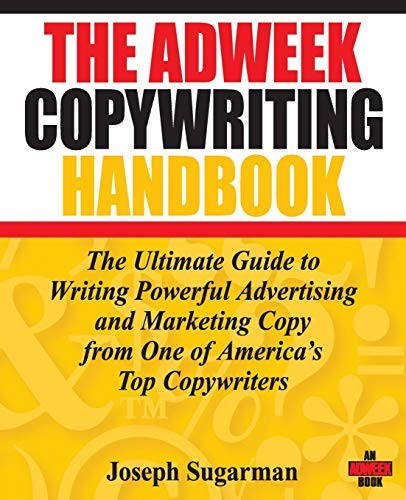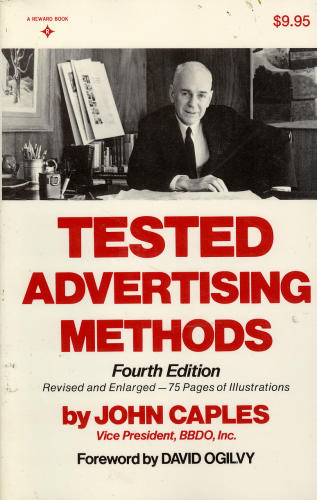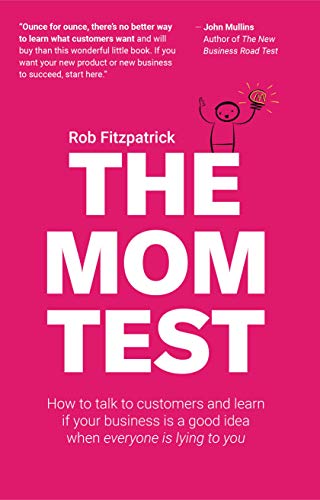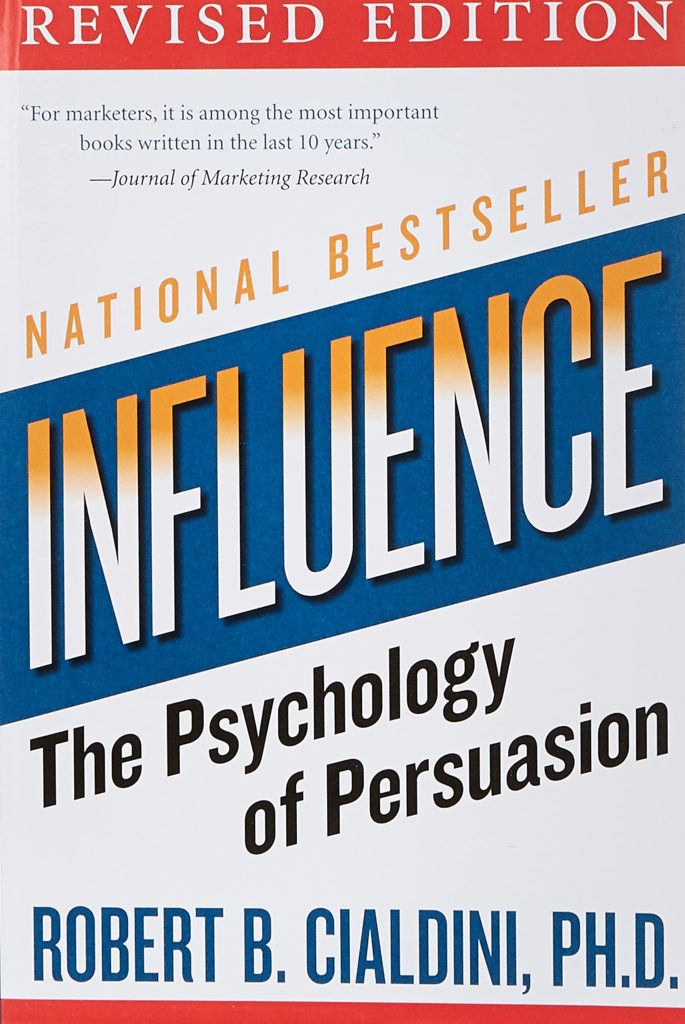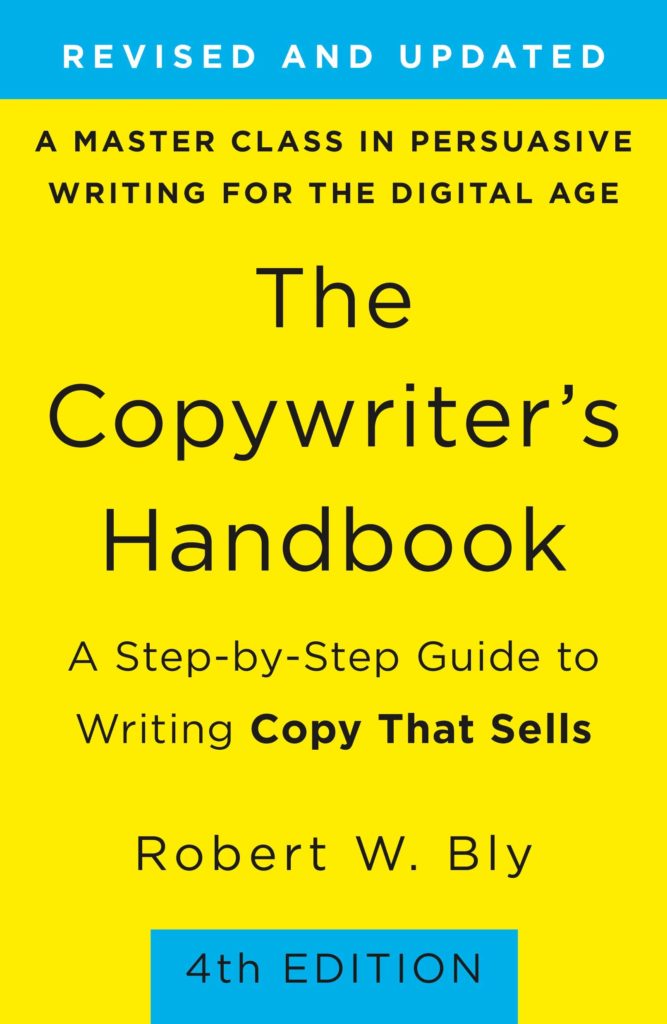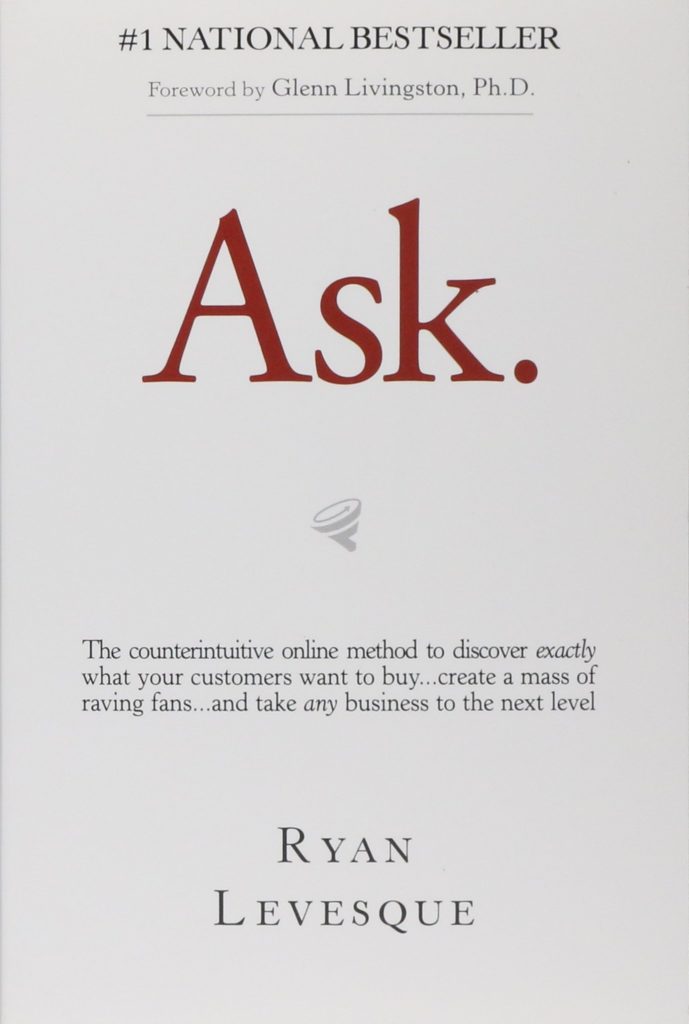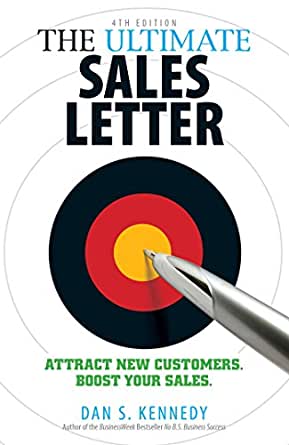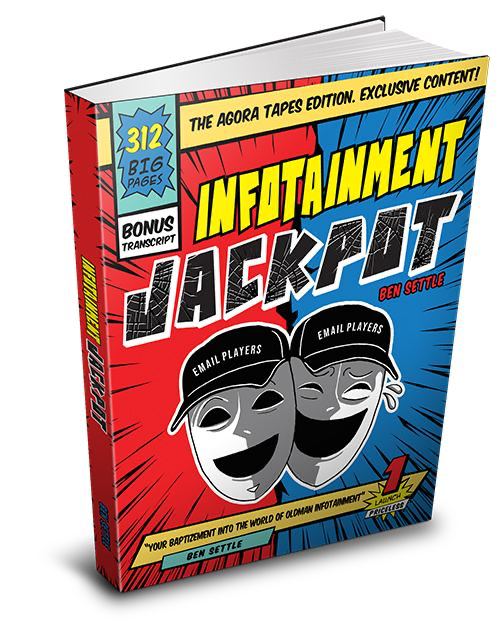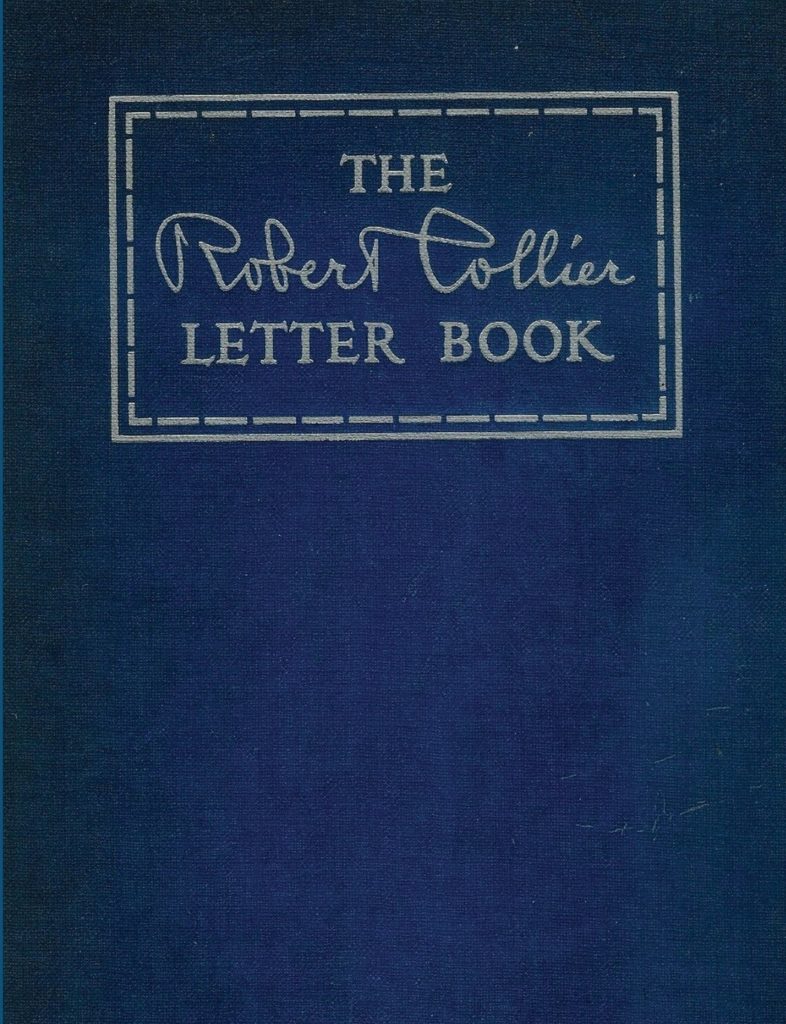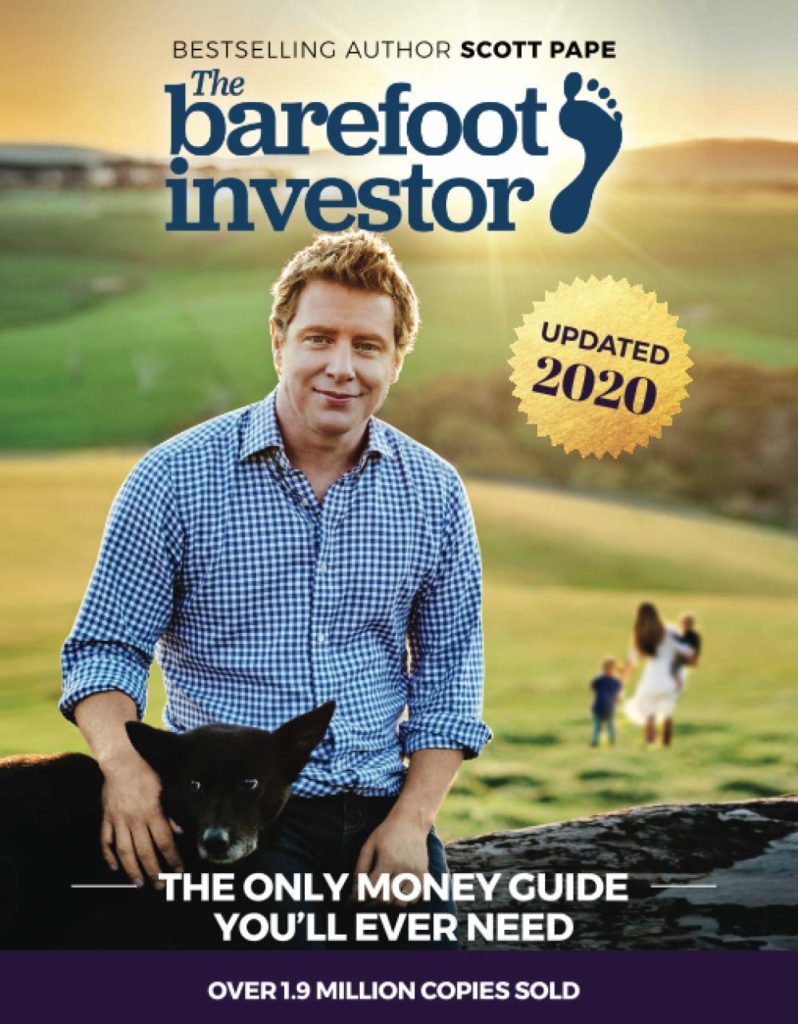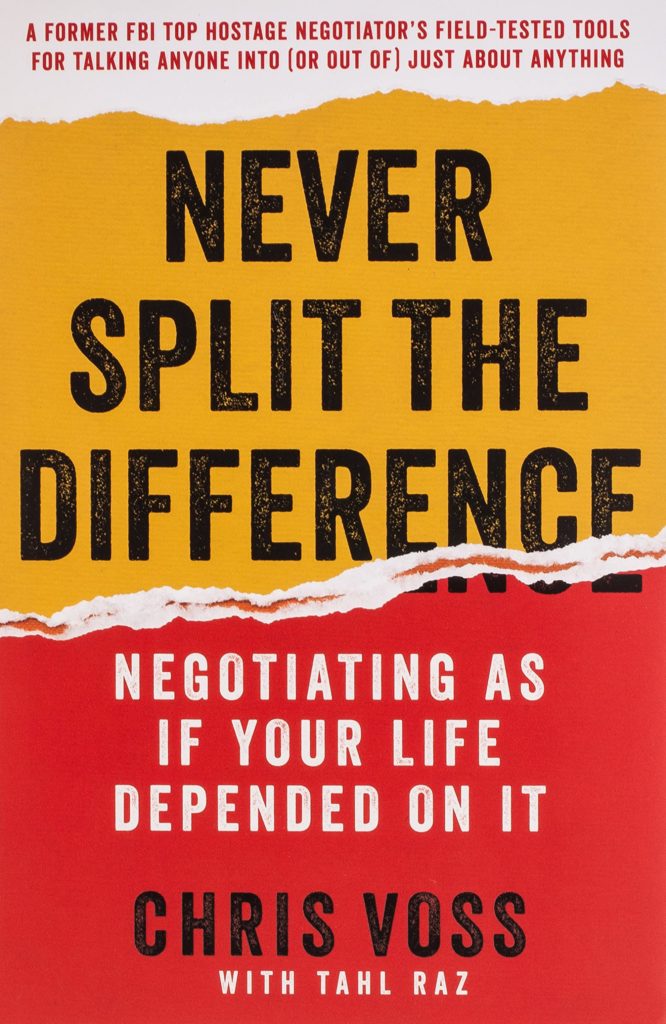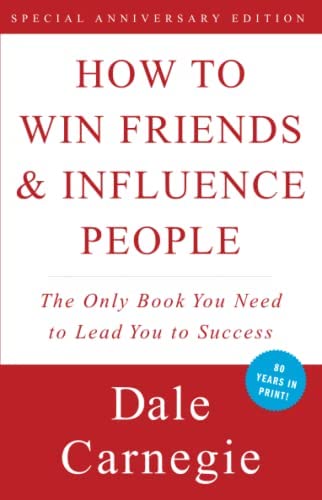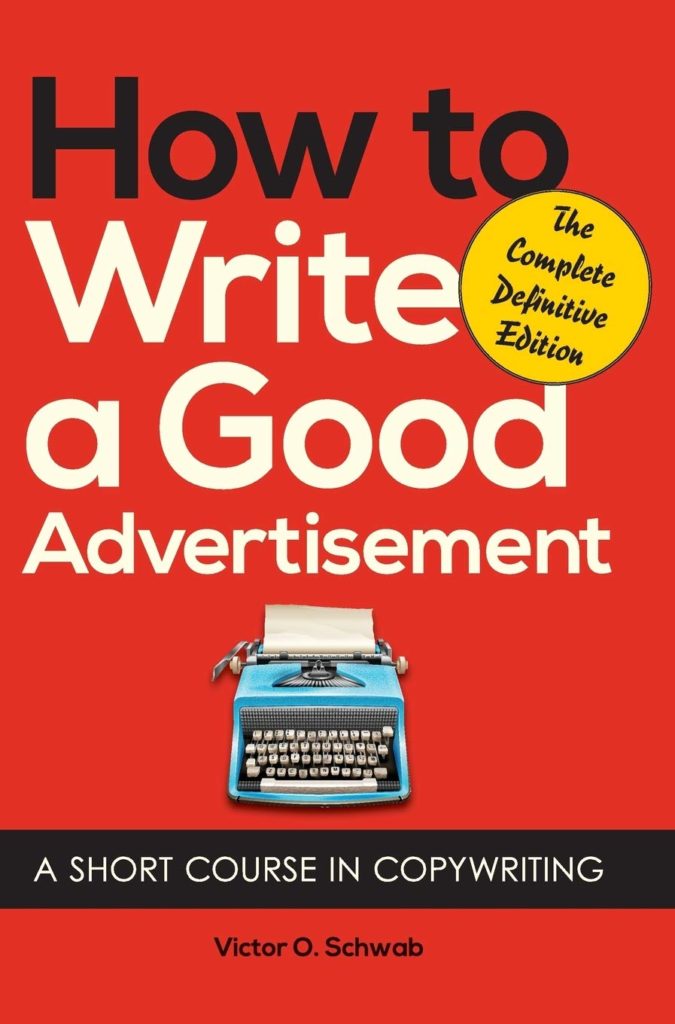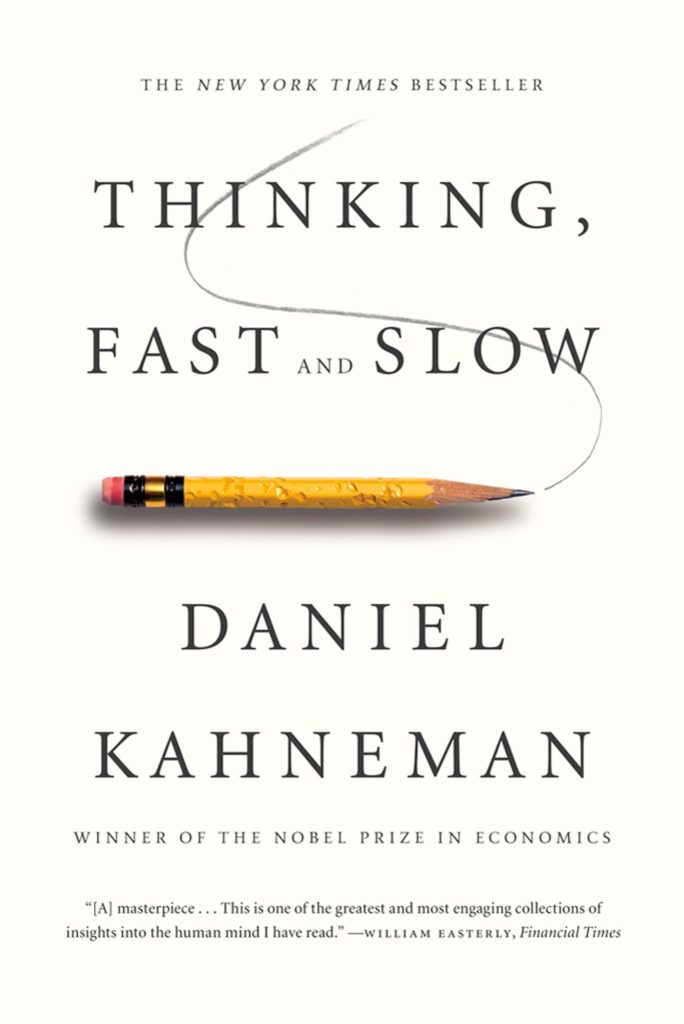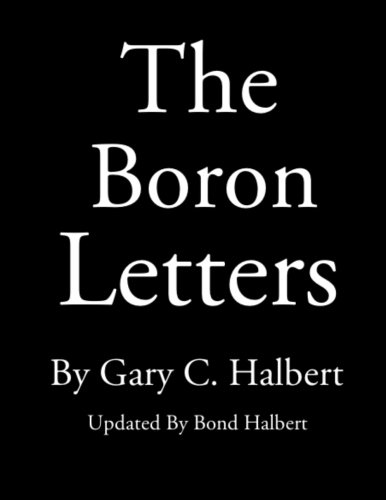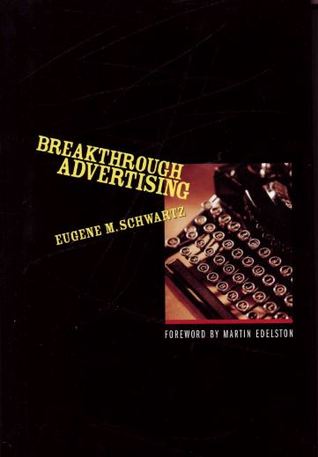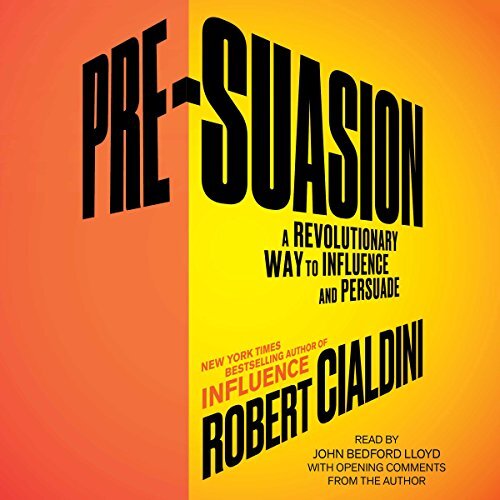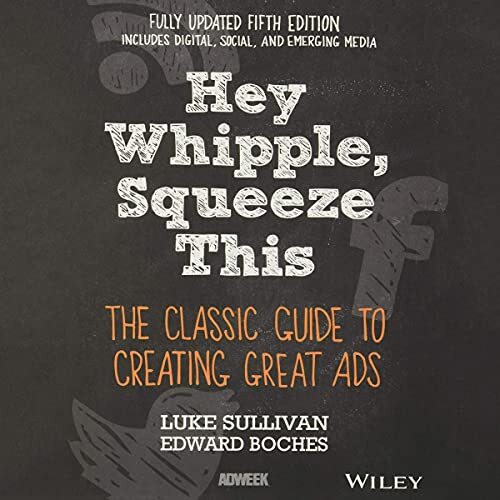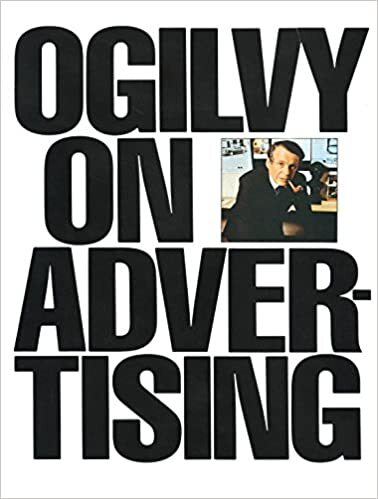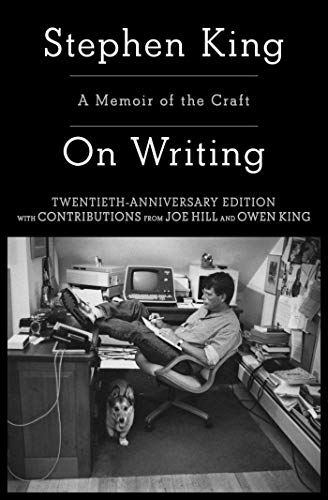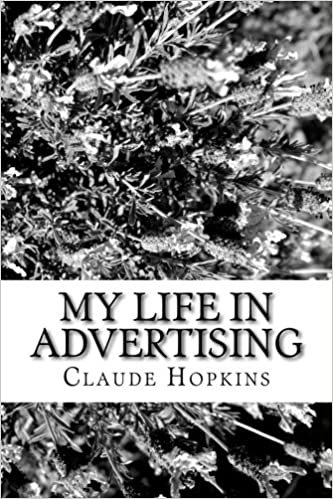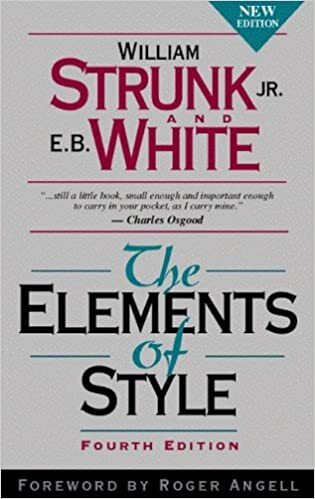(Note: Unlike other "best copywriting books" lists, none of these links are affiliate links. My choices in this list are solely based on what I think the best books are to read, not what money I can make from the recommendation.)
Additional menu
2024's Best Copywriting Books
(+ 8 OVERRATED Books to SKIP)
Published on Jan 1, 2024 by Daniel Throssell
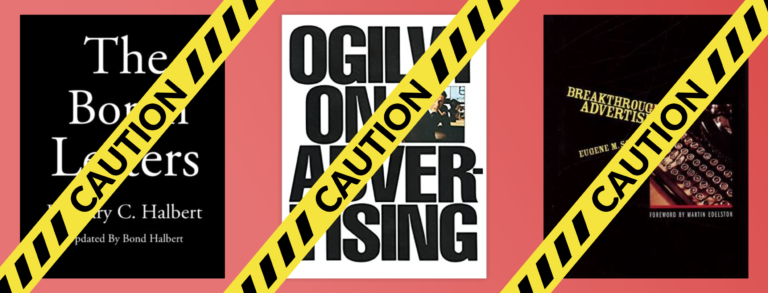
Almost every single list of ‘best copywriting books’ today falls into one of two extremes:
1. They regurgitate the same old lists of overrated “must-read” books (gotta get those affiliate clicks!); or
2. They include books that are so “out there” and irrelevant to copywriting, they aren’t helpful at all — especially for beginners.
(“This book on Japanese flower arranging will teach you the principles of arranging a sales page!” 🙄)
So instead …
I’m going to try and hit the “sweet spot” that nobody else hits … and give you the most relevant books to learn copywriting, which will get you up and running much quicker.
Plus … I’ll also give you my opinions on which of the “must-read” books are actually overrated for copywriters in 2024.
And trust me — my list is definitely going to ruffle some feathers…
The #1 Best Copywriting Book for Beginners to Start With
The #1 Best Copywriting Book
for Beginners to Start With
If you are new to copywriting, this is one of the most important books you will ever read.
Even if you don’t know John Carlton, you’ve read copy inspired by him. He wrote some of the most famous leads in advertising — like the “One-Legged Golfer”, the “Nickel Letter”, or the “Free Gun” ad. And in this book, John takes you step-by-step through the bones of how to write a great sales letter … even if you’re a total beginner.
Of course, it’s not going to teach you everything you need to know (no book can). In fact, ironically, John’s style has been ripped off so much that if you copy it too closely (like many beginners do) your copy will sound too aggressive and outdated for a modern audience. But no copywriter’s education is complete without at least knowing about how John used to write his visceral, thrilling copy.
Another thing that makes this book great is that John wrote the book itself in the same gripping style he wrote most of his most famous ads. That means it’s not only packed with valuable info … but it’s one of the easiest copywriting books to read, because it pulls you along with all the power of one of John’s sales letters.
(Many of the overrated copywriting books which I’ll show you in a moment are NOT like this … which is one reason I don’t recommend starting with them.)
Plus, when I bought this book, it cost a few hundred bucks. It was easily worth the cost. These days, I think John sells it digitally for a fraction of that. It’s a no-brainer. As in, if you don’t buy it, you have no brain. 😜
The Main Lesson:
Watch how John writes with so much impact. One of his most defining traits is that he never uses a weak word when he can use a powerful one. His ability to come up with sizzling, sexy sales hooks — a critical skill if you want to write sales letters — is also legendary.
1. The Brain Audit: Why Customers Buy … And Why They Don’t
I am the first copywriter to ever include this book in a list of “best copywriting books”. But I have no idea why. Because this book is a gem for anyone who wants to learn copywriting.
Let’s count the reasons why:
First, it’s short. And let’s be real … nobody wants to read a book that takes months to read. You can be done with this book in an afternoon, and be writing better sales copy by tomorrow.
Second, it’s comprehensive. Sean has a brilliant 7-step system for understanding why people buy, and from it, you can derive almost any type of sales copy you need to write.
Third, it’s fun to read. Sean’s style is casual, warm and lighthearted. He doesn’t assume any knowledge, and he doesn’t talk down to you. Yet in this book he delivers more value than most $1,000 courses on copywriting.
The Main Lesson:
Sean’s “Red Bags” analogy teaches that customers will not buy until you have addressed seven things in your copy: the target profile … the problem … the solution … the objections … the testimonials … the risk … and the uniqueness of what you sell. And while this book is ostensibly not a “how to write a sales letter” guide … I’ve found this model to be an excellent framework for writing sales pages.
2. The Email Players Skhema Book
If you’re starting out as a copywriter in 2021, email copy is one of the best places to start.
It’s relatively easy to learn … businesses need more of it than any other type of sales copy … you get a lot of chances to test (and thus improve) … and unlike other types of copywriting (e.g. press releases), email copywriting prepares you well to write all kinds of copy.
If Ben Settle is not the best email copywriter in the world (and I think he might be), he’s certainly one of them. Few people have taught me more about writing great email copy than Ben has.
The Email Players Skhema Book is Ben’s manual on how to write the style of short, entertaining daily email that he is so famous for. It’s a fantastic little book you can read in an hour or two. And unlike most of the overrated books I’ll talk about later, it’s modern and full of stuff that works right now.
The one big downside? This book is only available if you subscribe to Ben’s (physical) newsletter, Email Players. And that is no small commitment. I can only offer my opinion, which is that it’s been worth it for me — but you’ll have to decide for yourself. (If you want to learn Ben’s methodology without having to join his newsletter, see the next section, where I recommend another of his books…)
The Main Lesson:
The best sales emails do not bore people with “value” and what Ben calls “hard teaching”. They focus on entertainment … building a relationship … and teasing the thing you’re trying to sell without giving the secret away.
3. Scientific Advertising
The previous two books were modern … this one is old. Like … reeeeeally old. Nearly 100 years old.
This is the seminal book in the field of direct-response advertising. David Ogilvy (whose book I think is overrated, see below…) famously suggested that nobody should be allowed to have anything to do with advertising until they’d read this book seven times. And when I was learning copywriting, I used to listen to the audiobook on repeat.
I’ll be honest: this book is too old to be a ‘how-to’ manual. Plus, the language is quaintly archaic. (I was baffled by the word “dentifrice” which he used over and over … only to find it meant “toothpaste” 
So … why recommend this old, archaic book as one of the first you should read?
Two reasons:
One, it’s one of the most revered copywriting books in the world. And it contains several principles that are just as true today as they were when Hopkins wrote it: long copy outperforms short; a well-chosen personality or brand makes advertising more effective; specific, proven claims are better than general ones; and much more.
And two … much unlike the famed Breakthrough Advertising (see my overrated books section) … this book is SHORT. Which means that even if it’s a slog to understand … it’s a short slog.
So for those reasons, I think Scientific Advertising is one of the first books you should read.
The Main Lesson:
Copywriting is not an art where “anything goes”. There are scientific rules that, if followed, will generally boost your response. Hopkins gives several examples of these rules.
That said, take them with a grain of salt. I have had great success violating several of Hopkins’ rules (for example, I use humour a LOT in my emails, whereas Hopkins did not believe in being funny in your sales pitches). Ultimately, you should do what Hopkins himself believed in: test everything for yourself.
Sign up for my email list to get the industry's funniest, weirdest & craziest emails about copywriting — freshly written & posted to your inbox each day:
8 More Copywriting Books I Recommend For Beginners
1. The Adweek Copywriter's Handbook
The subtitle of this book sums it up: “The Ultimate Guide to Writing Powerful Advertising and Marketing Copy from One of America’s Top Copywriters”. Annnnd … that’s about right. This book is like mentoring under a legendary copywriter as he takes you through everything he knows.
In fact, the only reason it’s not earlier on my list is that it’s so comprehensive that it takes a bit longer to get through. But unlike other long books, it’s quite readable, and you should have no problems getting through it in the course of a week or two.
2. Testing Advertising Methods
(4th Edition)
The most surprising thing about this Facebook ads how-to guide…
… is that it was published in 1974!!!
Okay, so it’s not really about Facebook ads. It’s about writing newspaper or magazine ads. But the principles are all the same. And this book is chock full of tried-and-tested strategies for how to write them better.
One warning though: Do NOT get the 5th edition or later. The editor heavily changed things and diluted a lot of the good content with average or even wrong information. The 4th edition is harder to find, but it’s worth it.
3. The Mom Test
This book was first recommended to me by a friend who had — by accident — learned of its “cult” status as an underground marketing classic.
He told me he walked into a job interview once and mentioned it …
… only for the interviewer’s eyes to go wide at the mention.
The interviewer stopped him …
Reached into a drawer …
And pulled out a paper copy, which he confessed he always kept in his desk.
Needless to say … my friend got the job.
Still, you won’t find this book in most lists of ‘best copywriting books’. Because it’s not technically about copywriting at all … it’s about market research, and validating ideas.
See, one of the main things you need to do as a copywriter is understand what your market really wants … and what they’re really willing to pay for. The problem is though, most people don’t know what they want. And even if they do know … they won’t tell it to you straight.
Market research for a copywriter is one giant detective game … and this book is the “sleuth’s handbook” that will help you decode your market, and help you write copy that speaks to their heart’s most secret desires.
4. Influence
In this classic, Cialdini identified six “principles of influence”:
• Reciprocity
• Commitment and consistency
• Social proof
• Authority
• Liking, and
• Scarcity
The idea is that if you want to persuade someone, you must use one or more of these six techniques … and since copywriters are in the business of persuading, you can’t afford not to know them.
Not only can you use them in copy … but you’ll also hear other copywriters refer to them over and over. This book helps you not look ignorant.
(Don’t get too hung up on it, though. For example, I’ve seen some marketers argue that you can tap into “reciprocity” by giving someone free info on a website, and in return, the reader will feel they “owe” it to you to opt in. This is plainly dumb.)
All that said: the sequel (Pre-Suasion) was one of the worst books I’ve ever read … avoid that one. See my “overrated books” section for why.
5. The Copywriter's Handbook
When I won Ramit Sethi’s copywriting contest, one of the prizes I won was a call with him.
At the time, I was totally new to the craft. And so I asked him: “Who should I study?”
The first answer Ramit gave me was John Carlton … whose book is my #1 recommendation in this list for a reason.
The second? Bob Bly.
Bob’s manual The Copywriter’s Handbook has been something of a classic for a while, because Bob has been a very successful copywriter, and he lays out a fairly thorough introduction to the art of copywriting. And while I think Bob’s copywriting style is somewhat outdated (I mean, he calls email lists “e-zines”…) there is still some good info in here.
But I do recommend it with a huge caveat:
Bob believes very little has changed on the Internet, and he is clearly opposed to the idea of entertainment in copy. In fact, he seems to be proud of his disdain for it.
As an extremely successful email copywriter, I totally disagree on both points. Copywriting on the Internet — in emails, VSLs, and online sales pages — surrounded by digital distractions is a very different ball game to offline. Keep that in mind as you read this book.
6. Ask
Are you an introvert? Does the thought of calling your client’s customers up on the phone to do market research give you shivers? It always did for me. But how are you supposed to do market research otherwise?
Well, there are many ways. But one answer is: do surveys! They’re not perfect by any means … but they’re quick, scalable, and introvert-friendly. And Ask is the definitive guide on how to do them.
Ryan Levesque’s system of dividing surveys up into different ‘buckets’ and sending them at different times is very clever, and was hugely influential on my own approach.
Added bonus: it’s a pretty short book that won’t take weeks to finish!
7. The Ultimate Sales Letter
If you’ve never written a sales letter before … this is one of the most user-friendly books I know for showing you how to do it.
Dan Kennedy is one of the most renowned copywriters in the world. And in this short book, he gives you a concise, useful 29-step system for writing an offline sales letter!!!
*exhales* Whew. Okay, so that was the salesman’s spiel. Personally, I don’t believe in using “step-by-step” systems to write copy … because it’s hard to produce something truly great that way.
But I’ve spoken to enough new copywriters to know that when you’re starting out … you probably don’t care about that. Fine. In that case, this is a great starter book.
One warning though:
This book was published in the 1990s. So feel free to ignore some of the more … erm … outdated advice. For example, selecting the right envelope face … or using fake hand-drawn doodles and notes on your sales letter (tip: please do not do this on the Internet).
8. Infotainment Jackpot
I saved the best for last. But before I tell you why, here are 3 bad things about this book:
1. It’s really expensive (like $400 or something when it’s not on sale)
2. It is not a “how-to” book on writing any particular kind of copy
3. I already included a Ben Settle recommendation in this list and it’s starting to look uncomfortably like I’m shilling for him
So why include it?
Simply because it teaches what I think is the single most important concept about copywriting in the 2020s and beyond … that copywriting is now a game of entertainment more than anything else. Or as Ben calls it, “infotainment”. And while he didn’t invent the concept … Infotainment Jackpot is, IMO, the best summary of the idea (and how to use it in copy).
Look, most of the great copywriting books are old books. And I think that’s okay. Because most of the principles that WORK are old.
But there are a few things that have changed about copywriting, that you can only find in a new book. And Infotainment Jackpot is one of those books. It shows you what’s different about copywriting NOW compared to 50 years ago … and how to make your copy stand out and get attention in a world of constant notifications, distractions, and hits of dopamine.
The 6 Best Copywriting Books ... To Read Later (not for beginners)
The 6 Best Copywriting Books ...
To Read Later (not for beginners)
8 Popular Copywriting Books I Think Are Overrated (skip these)
1. The Robert Collier Letter Book
If I were writing this article 50 years ago, this one might have been at or near the top of this list. It’s a bit dated … but Robert Collier’s grasp of selling things “through the mail” was unmatched. He was also an early pioneer of using entertainment to sell. Just check out some of his headlines:
• “Was Jesus A Physical Weakling?”
• “$1,000 Reward”
• “The Devil Ship”
• “Wrecked in the Clouds!”
• “Man Has Lived Less Than Four Seconds”
The reason I’ve moved it later is that it’s hard to understand due to the old language. Plus, it’s a longer read than many of the books I recommended first. So I wouldn’t start here. But it’s certainly a book that made me a better copywriter … and even flicking it through it just now for this post gave me some more ideas for hooks for my own stuff!
2. The Barefoot Investor
You might well wonder: why is a personal finance book in my list of ‘best copywriting books’?
Well … despite being a finance book, The Barefoot Investor is officially the all-time bestselling book in Australian history.
(I would know, because Scott is my oldest client — and the first job he ever hired me for was to write the email campaign that launched it!)
And the reason a book about personal finance became a bestseller … is because it’s chock-full of storytelling and personality that guides the reader through the actions they need to take. Just like great copy does.
If you don’t believe me, just start reading the first chapter, and note the way it opens. I almost guarantee you’ll be hooked and inspired to take action — and isn’t that what copy is all about?
3. Never Split the Difference
Your son has been abducted. The kidnapper snarls through the phone: “$1 million in my account in 3 hours … or you’ll never see him again.” Who do you call?
Answer: Chris Voss.
Voss was the former lead hostage negotiator for the FBI. He cut his teeth in literally the most difficult negotiation environments around: convincing dangerous criminals to give themselves up without sawing off the heads of innocent hostages. And in Never Split the Difference, he teaches you all his negotiation tactics — which work just as well on copywriting clients as they do on kidnappers.
It’s a fantastic book for sure. But I offer one warning: this book gives you knowledge about how to negotiate. But without confidence, that knowledge is useless — and without skill, it’s dangerous. Which is why I recommend having some experience as a copywriter before trying to implement Voss’s negotiation strategy. Otherwise … you might just get your own head inadvertently cut off in a negotiation.
4. How To Win Friends & Influence People
This book often gets called the “salesman’s bible”. And while YOU probably will not be going door-to-door any time soon … this book is a great primer on understanding the people you will be selling to. (And let’s be honest, it’s useful for your entire life, not just copywriting.)
Carnegie was the first I know to espouse one of the most fundamental laws of copywriting: “The only way on earth to influence other people is to talk about what they want and show them how to get it.” Even if you take nothing else away from the book … that insight alone can be worth a fortune to you. If you want someone to buy your stuff? Know what they want … and show them how your product helps them achieve that. That is basically copywriting in a nutshell.
5. How To Write A Good Advertisement
Fun fact about Vic Shwab: He was the copywriter who made How to Win Friends and Influence People famous by writing the ad for it!
But that’s not all … he also wrote How to Write A Good Advertisement. It’s a classic how-to manual on writing a good print ad, using a five-step system Vic came up with for writing ads.
It’s in my “read later” section because it’s kinda old. And I think that, if you read the books in the order I’ve given them to you in this post, this one will start to feel mostly like revision rather than anything mind-blowing. But that’s good — that’s where you want to get to as a copywriter. I don’t regret having read this book at all.
6. Thinking, Fast and Slow
I read this book really early on and found it fascinating. Some of the insights into how we think — and the cognitive biases we have in making decisions — were really interesting.
Still, it’s kinda advanced reading for a copywriter. It has very little how-to information on copywriting. Plus it’s long and dry in parts. You won’t come away with instant headline ideas, rather just a deeper understanding of how people think. It’s definitely helped my copywriting — but it’s not the first place I’d go to learn the craft.
8 Popular Copywriting Books I Think Are Overrated (skip these)
8 Popular Copywriting Books
I Think Are Overrated (skip these)
1. The Boron Letters
This “book” is actually a series of letters from legendary copywriter Gary Halbert to his son, Bond. (It’s so called because the letters were written when Halbert Sr. was in Boron Federal Prison on charges of mail fraud.)
It’s universally recommended as one of the best starter copywriting books for new copywriters.
Yet even though I have the utmost respect for Gary Halbert … I feel like this book does not deserve that reputation.
It’s full of irrelevant details (Halbert’s advice to Bond to eat more fruit) …
Archaic references (the days where you’d look up a list in the SRDS, mail them a sales letter and profit are long-gone) …
And outdated advice (“your type face should be a serif face” or “if you use a second colour, it should be RED underline”).
Plus, Bond Halbert doesn’t like me.
No, really. He once banned a guy from his Gary Halbert copywriting group just for sharing one of MY links (yes, he literally said that was the reason).
That has no bearing on my opinion of the book, but since the book was literally addressed to Bond, I thought that would be a fun fact to share here. (And I doubt my listing this book as overrated is going to help things 
But, yes. Definitely study Gary Halbert. And do read this book at some point. I just don’t think it’s the beginners’ manual it’s been hyped up to be.
2. Breakthrough Advertising
This is supposed to be the holy grail of advertising books. The big daddy. The book that all serious copywriters have read. The one that was out of print for decades … and people paid $1,000 just to obtain a beaten-up copy with the cover missing, or stole it from libraries.
Yeah, well … I still haven’t read it 😅
I mean, I’ve owned it for a few years. But the truth is … my gosh, it’s boring.
Don’t get me wrong, it’s a great book, or at least that’s my impression from the 5 chapters I was able to finish.
But honestly? The only idea I’ve ever heard anyone get out of it is the concept of market awareness and sophistication, which are now so well known that you don’t even need to read this book. A thousand blog posts will sum it up for you.
So I’m going to break the trend and be the first copywriter to say you do NOT need to read this book … at least, not for a looooong while.
3. Pre-Suasion
Goodness gracious, this is one of the most atrocious books I ever tried reading.
I could not make it more than ⅓ of the way through, hopelessly searching for the point or something practical I could take out of it, before giving up. I almost always get at least ONE idea from a book that sticks with me, but this is one of the few books where I cannot think of a single practical thing I got from it that helped my copywriting. To this day, honestly all I can remember is how much I hated the book.
I am angry at Robert Cialdini for putting this into the world and I only hope that this paragraph spares you the waste of time that this book was for me.
4. Hey Whipple, Squeeze This
This is one of r/copywriting’s favourite books. (At least, as far as I could tell before I got permanently banned from being in or even being mentioned in r/copywriting.) It always seemed to be recommended in every second post by the grumpy agency veterans who seemed to have nothing better to do than lurk the sub.
But guess what? I had earned a million dollars over my copywriting career before I read a word of this. And when I did, I wasn’t really impressed.
It’s written for “brand” copywriters — the type who work at agencies, and get paid to come up with ideas that get applause, but not necessarily sales. Even the way this book measures success annoys me. For example, it praises ads that won “awards” or improved “brand image” — but these are airy-fairy, unmeasurable things.
Unless your career path is to be a brand copywriter for a big agency (a miserable and tough existence IMO), most clients you work with are going to expect proof that you’re increasing their sales. And that is something this book seems mostly unconcerned with.
I’d give it a pass, unless your heart is fixed on brand copywriting.
5. Ogilvy on Advertising
Confession: I feel REALLY bad putting this book in my ‘overrated’ section, since Ogilvy is a bona fide legend. But I’m just being honest. While I might have picked up a few gems, I can’t remember what they were. I read this after many of the other books I’ve listed — and my honest impression is that there wasn’t much in here that I didn’t get from the others.
6. On Writing
It seems trendy to include this one in lists of “best copywriting books”. And don’t get me wrong, it’s a great book that I don’t regret having read. But it’s so tangentially related to copywriting that you should be in no hurry to read it for that. I mean … are you writing a novel? No. No, you’re not. You’re writing sales copy. So by all means, read the book for edification as a writer. But don’t expect to learn any significant copywriting tips from it.
7. My Life in Advertising
This one felt repetitive and superfluous after Scientific Advertising … and it had a lot more biography and less how-to. I feel like most people who recommend it haven’t actually read it … they just steal the snippets from other people’s ‘best copywriting books’ posts. Skip it and re-read Scientific Advertising instead.
8. The Elements of Style
John Carlton swore by this book so I tried reading it … but it’s, like, a grammar manual. Bleh. As long as you’re a native speaker, you’re good. The mistakes native speakers make are entirely acceptable in English.
(Non-native mistakes are an entirely different, BAD thing that can be fatal to your copywriting career … and maybe those people would benefit from this book.)
When to STOP Reading Copywriting Books
When to STOP Reading
Copywriting Books
Since you’ve read this far, I’ll tell you a secret:
I don’t read copywriting books anymore.
🤭
Naughty, I know.
But the truth is … I’ve moved far beyond what any old books could teach me.
Like I said, there are some books I didn’t read a word of until I was already a world-renowned copywriter (Hey Whipple, Squeeze This). Others are classics that I still haven’t finished (Breakthrough Advertising). And there are many ‘great books’ that I did read, but can’t remember much of at all, showing they probably didn’t contribute much to me (The Boron Letters).
The thing is, after a certain point, I found that all the old copywriting books started sounding the same. That’s not a bad thing, because they’re all talking about the same proven principles of selling. But there comes a point at which you know that stuff … and you’re better served finding new techniques that are working now.
So by all means — if you’re new to copywriting, learn from books. They’re cheaper than courses … and the good ones are proven to work. You can get far with the ones I’ve given you in this list.
But if you want to see what’s working now, check out my free email list.
I share daily copywriting tips and examples of email copy that’s currently working really well … as well as regular links to high-converting sales pages you can study for inspiration in your copy.

